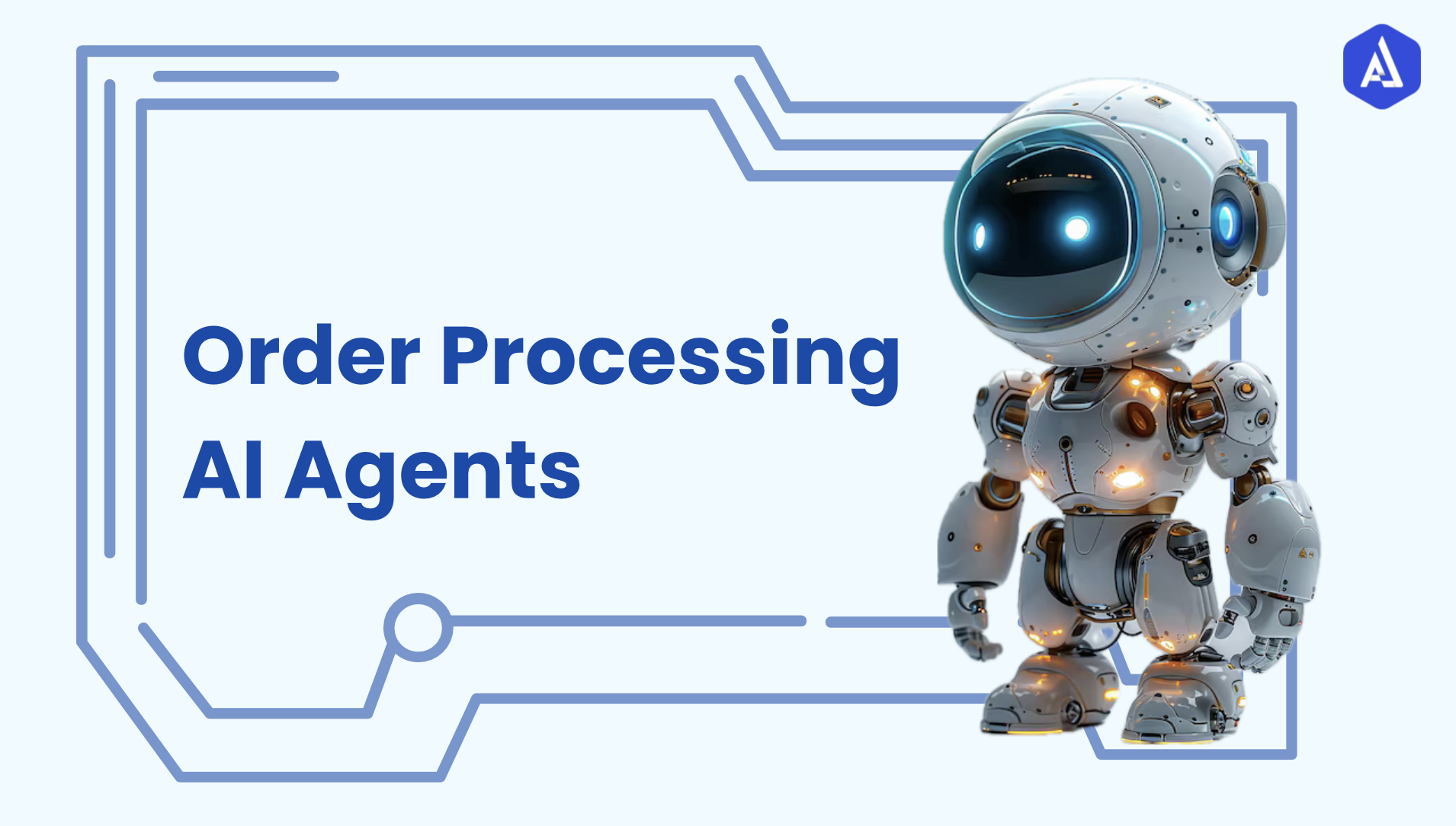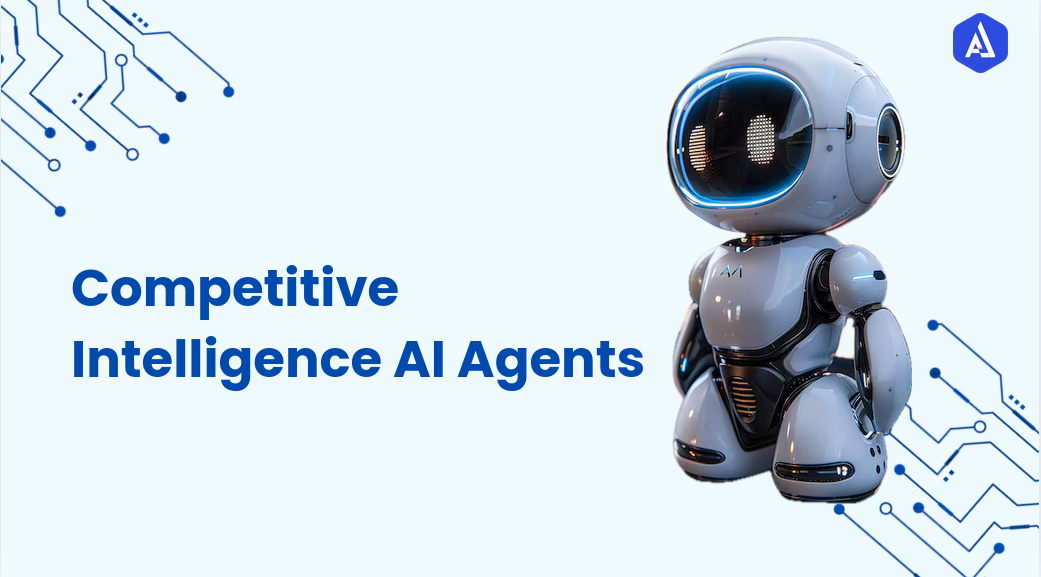Chatbot Conversation Optimization AI Agents are advanced tools designed to enhance the quality and effectiveness of chatbot interactions. By leveraging artificial intelligence and natural language processing, these agents optimize conversations in real-time, improving user engagement and satisfaction.
What are Chatbot Conversation Optimization Agents?
Chatbot Conversation Optimization Agents (CCOAs) are AI-driven systems that enhance chatbot interactions by improving efficiency, engagement, and user satisfaction. These agents analyze conversations in real-time, leveraging Natural Language Processing (NLP), sentiment analysis, and adaptive learning to optimize responses. They refine chatbot performance by recognizing user intent, personalizing interactions, and ensuring smooth conversation flow.
Their primary goal is to create seamless, context-aware, and human-like conversations, reducing friction in chatbot interactions while maximizing efficiency. They help businesses improve customer satisfaction, automate tasks effectively, and drive conversions through intelligent conversation management.
How Chatbot Conservation Agent Works?
Existing Process
-
User Interaction: Users communicate with chatbots for assistance, inquiring, or buying. Most traditional chatbots rely on written responses, leading to lower interaction and even triggering anger and frustration in their users.
-
Response Generation: After a user types a question, the chatbot processes it and gives an answer based on pre-set scripts or matching keywords. Such methods lead to general answers that do not address the question the user intended to ask.
-
Feedback Collection: After the interaction, feedback concerning the user's satisfaction is collected. Involving human beings in this process takes time and does not necessarily give an actionable improvement message.
-
Continuously Improve: Feedback helps developers update the script or the chatbot's algorithms to improve performance. The process is slow and may lag behind the changes in user expectations.
Synergy with AI Agents
-
Real-Time Adaptation: Chatbot Optimization Agents work in the real-time environment, thus ensuring that only the most relevant and contextually situated inputs are generated.
-
Natural Language Understanding: These agents handle deep NLP better, making it easy to understand the client's intended question and, hence, offer appropriate and required answers.
-
Automated Feedback Analysis: AI helps agents by analyzing feedback and conversation logs and pinpointing areas where change is needed without asking a supervisor.
-
Continuous Learning: These systems learn from each interaction to improve the type and timing of information provided to users and the quality and tone of the conversation in an ongoing, passive manner.
The integration of the Chatbot Conversation Optimization AI Agents means that those currently in place are optimized and can improve the user’s experience while raising engagement rates and guaranteeing that businesses ensure that chatbots are changing in line with the customers’ demands.
Benefits of Chatbot Conversation Optimization Agents
Before the integration of AI agents, chatbot conversations relied heavily on scripted responses and basic keyword matching. This traditional approach often led to limited engagement, with users experiencing frustration due to the lack of personalized and context-aware interactions. Human agents were required to handle complex queries, leading to longer response times and increased operational costs.
-
Efficiency: AI agents can search for user inputs to provide relevant answers in the context. Thus, they can decrease wait times and quickly maximize the efficiency of customer interactions.
-
Cost Savings: Due to the automation of routine jobs and optimized conversations, enterprises may avoid the big human support teams a business needs to employ. This would result in low operating costs and high-quality customer service.
-
Personalization: AI agents learn through data analytics, which helps them understand the customer's choice and behaviour. Therefore, they can respond in a personalized way that connects to individual users and thus improves engagement and satisfaction.
-
Continuous Learning: These learning agents learn from every interaction, and with time, they better understand customer intent. This capability ensures that chatbots evolve to become effective instruments for meeting customers' needs.
-
Scalability: AI agents enable organizations to handle volumes of queries that were otherwise impossible without a proportional increase in resources. This scalable customer service solution can adapt quite quickly to growing demands.
Implementing Chatbot Conversation Optimization AI Agents enables organizations to upgrade their customer service capabilities with minimum hassle and more efficiently, thereby enhancing efficiency, cost-effectiveness, and user-friendliness.
Use Cases for Chatbot Conversation Optimization AI Agents
The Chatbot Conversation Optimization AI Agents can be helpful across a range of applications because of their flexibility within the organization. Here are some key use cases:
-
Customer Support: Depending on the subject, extremely advanced AI Chatbot Conversation Optimization Agents can work in e-commerce platforms with simple customer questions like tracking their orders, returns, and product inquiries. These agents increase customer satisfaction by picking early responses instead of waiting for human support personnel.
-
Lead Generation: These AI agents can be helpful for marketing teams that deal with people who visit a website or a social media page. Thus, they can ask specific questions, give relevant answers to filter leads and get the contacts to follow up to organize the leads’ obtainment.
-
Appointment Scheduling: In the healthcare or service-related sectors, the Chatbot Conversation Optimization AI Agents can help users set appointments. These agent-based solutions improve user experience by capturing their preferences and availability from the conversation and eliminating no-show problems resulting from complex bookings.
-
Product Recommendations: These agents can be used by retailers to give the user relevant products depending on questions they ask retailing and more to do with what they are searching for on the website. This capability increases the probability of making sales from customers since it directs them to products that are most suited to their personality and their requirements.
-
Feedback Collection: To support this process, companies can use Chatbot Conversation Optimization AI Agents to receive feedback from users immediately after the interaction process is over. The benefit of such analysis is that by using sophisticated explicit methods, one can acquire real-time feedback on customer opinions and potential problems without having to spend time on it.
-
Training and Onboarding: These agents can be adopted in organizations to interact with new staff to provide information on policies, processes, and software. This way, because new employees have access to the information immediately upon joining the company, the onboarding process runs smoother.
-
Travel Assistance: In the travel industry, the Chatbot Conversation Optimization AI Agents will notify the user about available flights, places to stay as well as other places of interest. They can respond to questions immediately, which will help make travel more manageable and less time-consuming.
By leveraging Chatbot Conversation Optimization AI Agents in these various contexts, organizations can improve operational efficiency, enhance customer engagement, and drive better outcomes in their interactions with users. Their adaptability makes them valuable assets in today’s fast-paced digital landscape.
Considerations in Chatbot Conversation Agents
-
Data Quality and Integration: Ensure high-quality data is available for training the AI agent. Integrating data from various sources into a unified format is essential for accurate performance.
-
User Training and Adoption: Provide comprehensive training for staff to utilize the AI agent's capabilities effectively. Ensuring team alignment and understanding of the technology is crucial for successful implementation.
-
System Compatibility: Assess compatibility with existing systems and infrastructure to facilitate seamless integration. Address potential challenges related to legacy systems and data formats.
-
Performance Monitoring: Establish metrics to monitor the AI agent's effectiveness in real-time conversations. Regularly evaluate performance to identify areas for improvement and ensure optimal user experience.
-
Data Privacy and Compliance: Implement measures to protect user data and ensure compliance with relevant regulations, such as GDPR or CCPA, to maintain trust and security in chatbot interactions.
Addressing these considerations can help organizations successfully implement Chatbot Conversation Optimization AI Agents, enhancing customer engagement and operational efficiency.
Usability of Chatbot Conversation Optimization AI Agents
To effectively utilize Chatbot Conversation Optimization AI Agents, follow this step-by-step guide for operation, ensuring you can fully leverage the agent’s capabilities:
-
Launch & Integrate: Activate the AI Agent and connect it with CRM and other systems for seamless data flow.
-
Set Goals & Enable NLP: Define chatbot objectives (e.g., customer satisfaction, conversion rates) and leverage NLP for better intent recognition.
-
Monitor & Analyze: Track real-time interactions and review performance metrics like response time and user satisfaction.
-
Optimize & Test: Implement AI-driven recommendations, refine responses, and conduct A/B testing for improved engagement.
-
Continuous Learning: Allow the agent to adapt and enhance interactions based on user behaviour and feedback.
Talk About the Future
Chatbot Conversation Optimization AI Agents will shape the future of AI-driven interactions, becoming more context-aware and user-intent-sensitive. As AI evolves, these agents will leverage advanced NLP to process complex queries in real-time and personalize responses more naturally.
Future developments will include integration with IoT, enabling chatbots to interact with connected devices for more innovative, dynamic environments. With improved 5G technology, chatbot responsiveness and user experience will be significantly enhanced.
Businesses will prioritize ethical AI and transparency, ensuring fair decision-making and explainable AI choices. These advancements will drive better consumer engagement, enhancing customer satisfaction while redefining business-to-audience communication.

-1.png)

